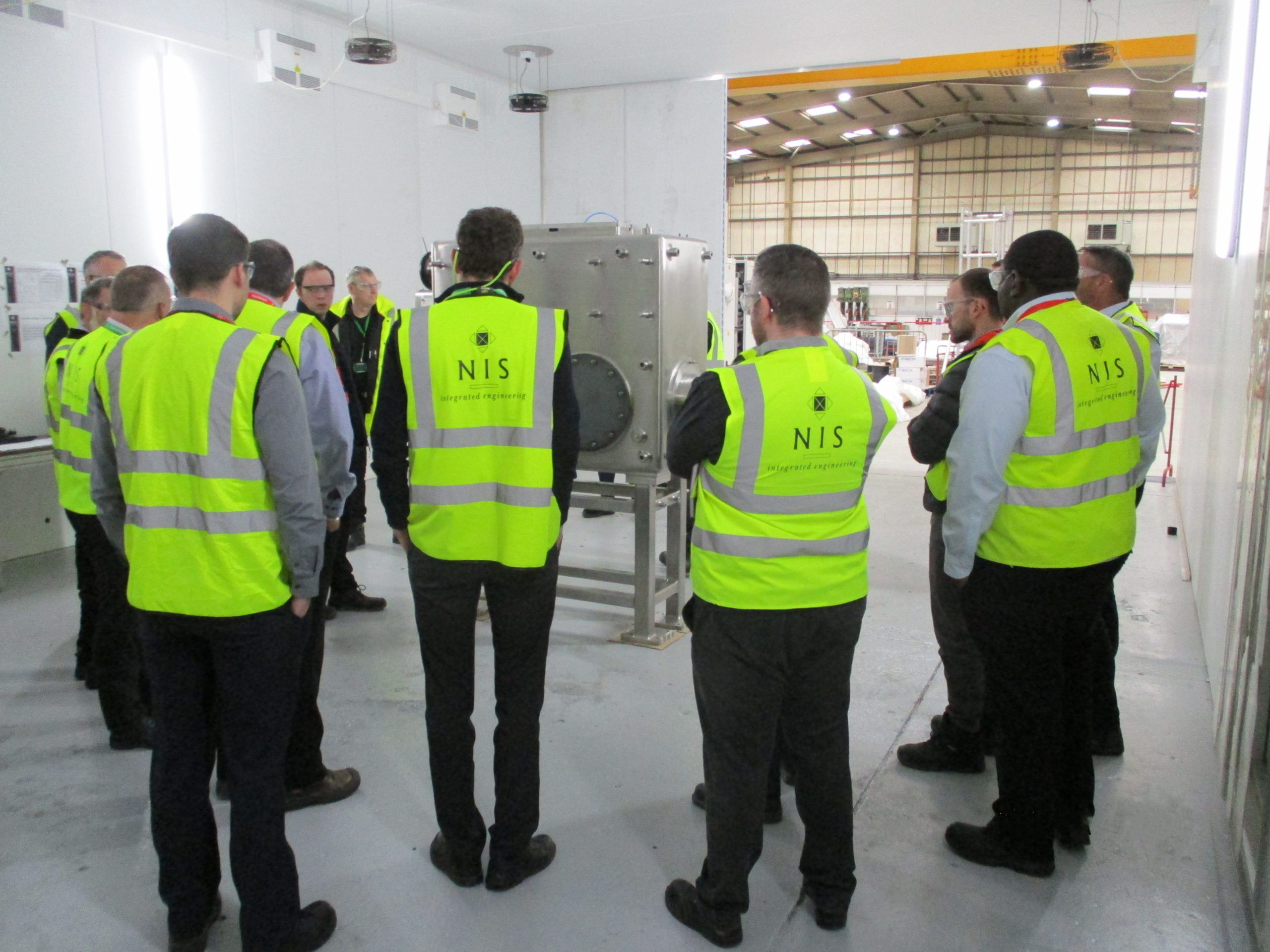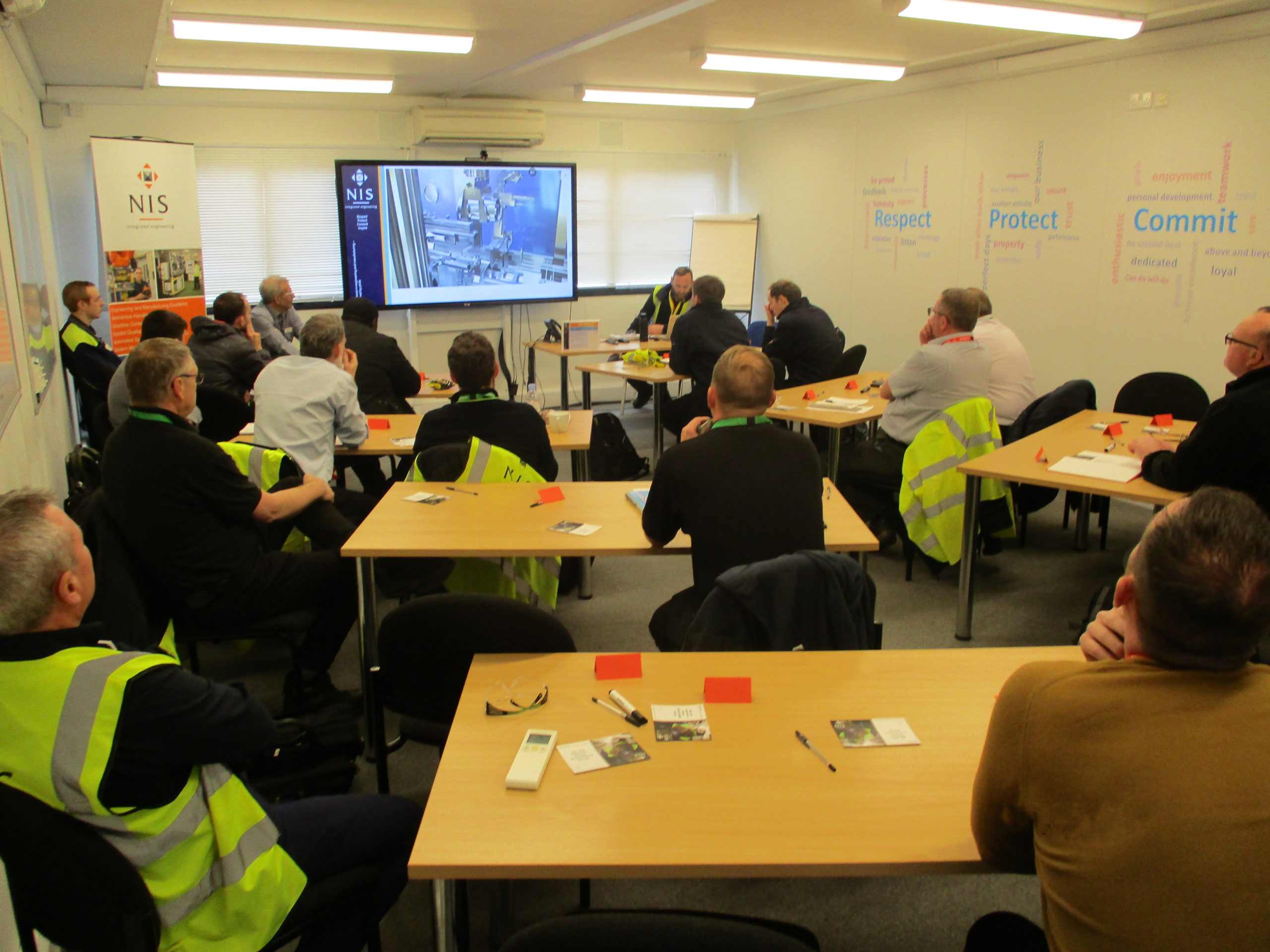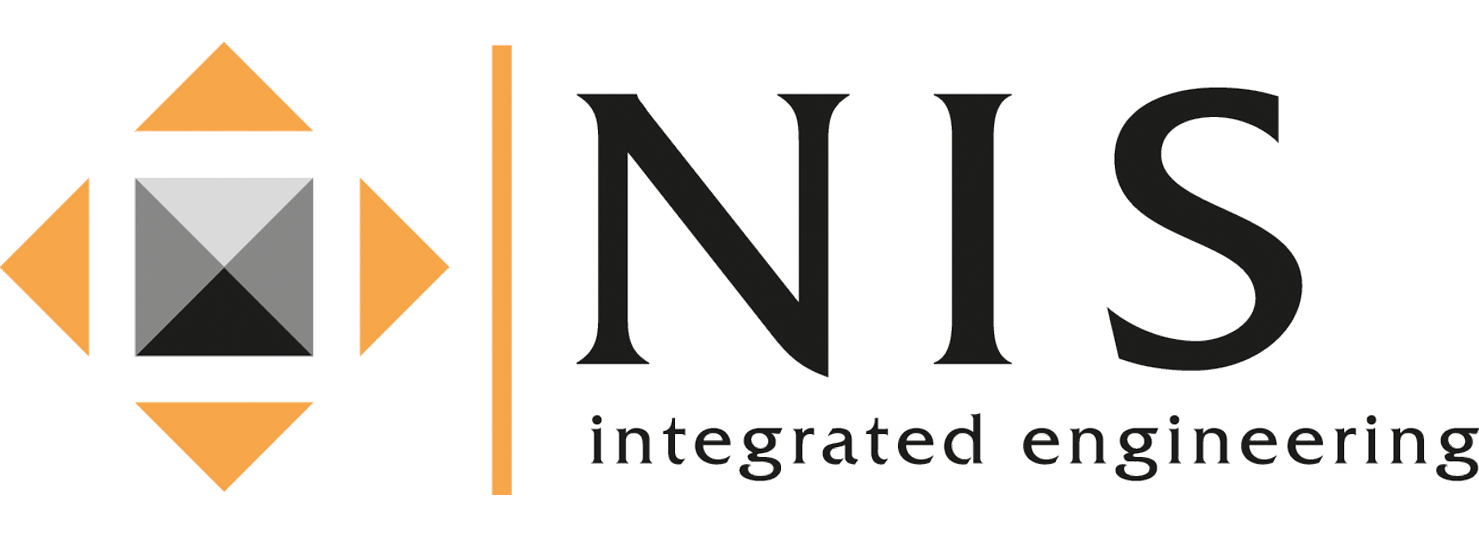As a leading designer and manufacturer of nuclear containment systems NIS continues to invest in tools and techniques to improve the efficiency of delivery of these systems. A traditional area of risk with such projects is the low pressure leak testing, much time can be spent here to confirm a containment meets the leak acceptance criteria.


To address this risk NIS has championed an alternative pressure decay test method (also known as “pressure fall-off” and “pressure change method”) and invested in a dedicated environmental test enclosure, instrumentation, and development of procedures to allow the method to be used for the testing of such nuclear containments.
Previously NIS has used this facility in work with the UK Alpha Resilience and Capability (ARC) Programme to help develop national standards and guidance regarding leak testing.
Recently we were asked to share our learning with the SRP containment supply chain and delivery team, to improve understanding of the method and to help mitigate risks associated with the testing of the many containment systems across the project. Two interactive seminars were led by NIS, with engineering, manufacturing and quality teams from Sellafield Ltd, PPP and the other delivery companies. The principles of leak testing, the reasons why we had adopted the pressure decay method, the facilities we had developed, lessons learnt, and potential further improvements were all shared in this open and collaborative forum. We believe this to be an excellent example of the humility within the NIS culture, to openly share our best practice built on years of experience, as we recognised the value this would provide our client, their project and the wider UK manufacturing industry.
After the event Mark Vesey, SRP Glovebox Project Manager commented
“Just emailing to pass on thanks to the team for undertaking the leak testing demonstrations this week. I’ve had positive feedback from a number of people and really appreciative of the work put in by the NIS team and the knowledgeable input into the discussions held. Also really pleased that it was a collaboration and discussion with multiple suppliers as well as PPP/NIS, think this demonstrates great commitment to the overall SRP goal and it’s much appreciated 😊 Please pass on thanks to everyone involved!”



